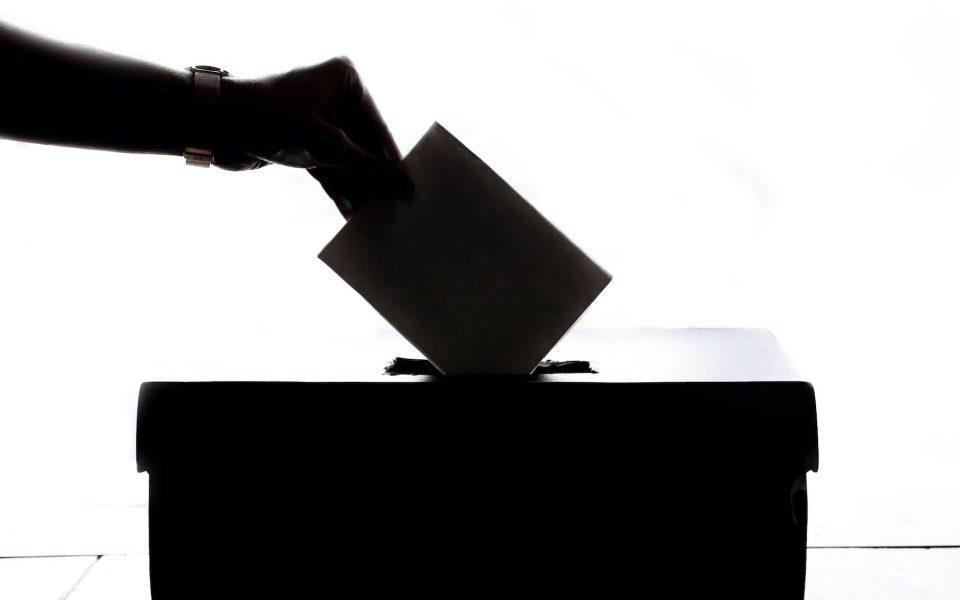On Oct. 10, a veto override in the NC Legislature led to the passage of SB 747, “An Act to Make Various Changes Regarding Elections Law.” It’s a 43-page omnibus elections bill that makes meaningful changes to the ways North Carolina conducts elections and counts votes.
For one, instead of a 3-day grace period after elections, cutoff for absentee ballots is 7:30 p.m. on Election Day.
Not sure why the Republicans pushed so hard for this measure. Until the pandemic, absentee ballots represented a relatively small percentage of overall votes, though the number spiked to nearly 46% in 2020. Still, absentee and mail-in votes are used mostly by the elderly and infirm, some rural voters and US residents living in other countries, as well as servicemen deployed overseas — hardly partisan subsets of the electorate. And the last time someone was caught committing election fraud using absentee ballots in NC, it was one of their own.
It also grants somewhat alarming powers to partisan poll-watchers, perhaps in an effort to bring transparency to the process to skeptics, or maybe to gum up the works on Election Day. Who’s to say?
Beginning with the primary in March, poll-watchers — a max of three per party — will now be able to move freely about the polling places they’re monitoring; take notes and photos on their phones, though not photos of voters or their ballots; listen in on conversations between voters and election officials; and obtain a list of everyone who voted at a polling place on a particular day. They’ll be appointed by political parties, and yes, they’ll have to show ID.
This measure seems designed to quell concerns about election integrity. But anyone who’s ever delved into the nuts and bolts of the election process at the county or precinct level knows that there’s nothing to see here. Elections are manipulated not by poll workers, but by other means. I have seen precincts with too few voting machines, causing long delays, or, you know, requiring photo ID to vote. One year we saw a random police checkpoint between a low-income housing development and its polling place. And there’s the aforementioned McRae Dowless, who ordered absentee ballots for entire neighborhoods, went door-to-door to collect them and then filed them for his preferred candidate.
This new law — and a slew of others — go into effect on Jan. 1, 2024. Just in time for election season!
Join the First Amendment Society, a membership that goes directly to funding TCB‘s newsroom.
We believe that reporting can save the world.
The TCB First Amendment Society recognizes the vital role of a free, unfettered press with a bundling of local experiences designed to build community, and unique engagements with our newsroom that will help you understand, and shape, local journalism’s critical role in uplifting the people in our cities.
All revenue goes directly into the newsroom as reporters’ salaries and freelance commissions.


Leave a Reply